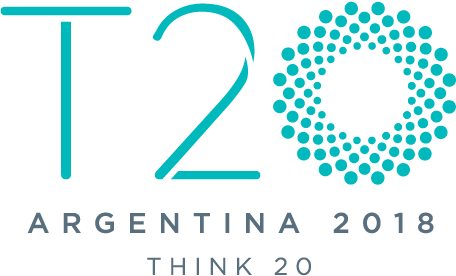Despite neutering the official monitoring of protectionism, unmistakable evidence assembled from state sources demonstrates that G20 members routinely violate their “no protectionism” pledge. The scale of trade affected should concern senior officials: by March 2018 over 80% of G20 goods exports competed against trade distortions implemented since November 2008 that were still in force. That percentage falls to 30% if export-related trade distortions are set aside, a total that excludes as yet unimplemented recent high-profile import restrictions. Concerns that the current G20 approach does not address the full range of policy intervention that distort 21st century commerce should be addressed by Leaders taking two steps: expanding the scope of the G20 protectionist pledge and calling for upgraded monitoring.
Rather than engaging in another fruitless debate about what constitutes protectionism, a principle-based approach should be pursued. G20 Leaders should adopt text that condemns any discriminatory policy intervention, unless a widely-accepted exception is invoked that is justified by evidence, least distortive, implemented only after completing established procedures, and subject to timely review.
G20 Leaders should also adopt text calling on relevant international organisations to redouble their monitoring efforts in line with this principle-based approach and to improve substantially their coverage of the services and intangible economies.
Task Force: Trade, Investment and Tax Cooperation
